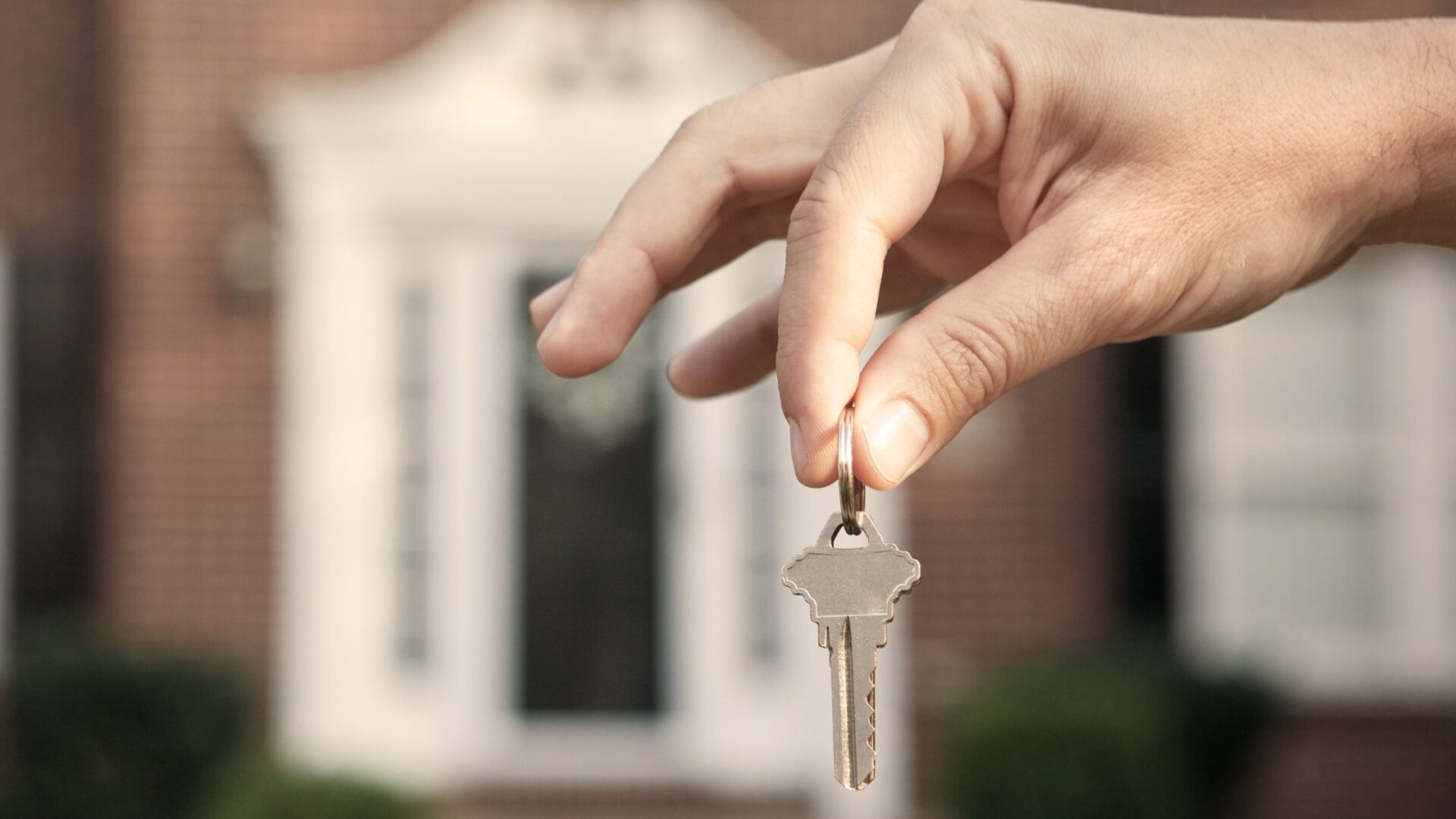
Unfortunately, life doesn’t always go to plan. Relationships can break down and disputes can arise. When those who are involved in a dispute jointly own a property, there are often questions that arise about what their rights are. Here are some of the questions I hear most on joint property ownership disputes:
I no longer want to jointly own a property. What are my rights?
If the property is held as joint tenants, the owners have equal rights to the property, with the right to survivorship arising upon death of one of the joint owners. If one or more joint owners believe that there should be an unequal split of the equity, they will need to consider severing the joint tenancy so they own the property as tenants in common.
The rights of the tenants in common may be contained within a Declaration of Trust which, amongst other things, can set out who has contributed to the deposit and the apportionment of share of equity. It can also include, for example, who has funded improvements to the property and whether they have an increased share of ownership as a result; and what should happen upon sale or other disposal of the property.
Do we both have a right to live in the property as joint owners?
Joint owners of a property have an entitlement to attend and occupy their property. If there is no agreement reached about who is to reside in the jointly owned property, and one of the co-owners is unable to use the property, this can lead to a claim for occupation rent. This is achieved through equitable accounting.
What options are available to me if we can’t agree what to do with a property?
If the co-owners cannot agree whether the property is to be sold, there are a few options available:
If one of the joint owners would like to retain ownership of the property, the person wanting to retain the property will need sufficient funds to buy out the other co-owner(s). If a mortgage is required, approval from the lender will be required.
If an agreement cannot be reached, or if funding cannot be secured and one party refuses to sell the property, Court proceedings may be needed to seek an Order for Sale. Such an application is made pursuant to the Trusts of Land and the Appointment of Trusts Act 1996.
Do all joint property ownership disputes end up in Court?
Court proceedings should be the last resort, as they incur costs and are time consuming, and they can be an emotional drain in property ownership disputes. Legal costs and court fees can escalate quickly, and can be significant if the dispute has to proceed to trial. The involvement of experts may be required for valuation of the property.
An alternative to litigation is resolution discussions through negotiation and other forms of alternative dispute resolution such as mediation.
Mediation is voluntary, but if all those involved agree to engage in this type of resolution process, it can be extremely successful because it is flexible and the proposed settlement does not need to adhere to strict rule of law which means that pragmatic settlement solutions can be explored. If settlement can be achieved, it can be documented in a legally binding and enforceable document to ensure compliance with its terms.
Talk to us
If you you have any questions about resolving joint ownership property disputes then do not hesitate to get in touch with our property dispute solicitors.









